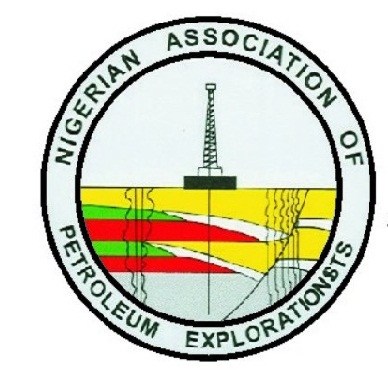More oil and gas stakeholders have continued to call for a total review of all terms and conditions governing the administration of Production Sharing Contracts (PSC) in offshore exploration activities.
Latest in the row is the Nigerian Association of Petroleum Explorationists (NAPE), who has argued that current legislations governing operations in the country’s oil and gas industry do not encourage investments in deep offshore projects especially the PSC.
In an interview with the President of NAPE, Dr. Andrew Ejayeriese, he decried that associated risks, pressure, temperature and costing coming with explorations in the deep offshore projects do not encourage meaningful investments in Nigeria for now.
He said apart from the inadequacies inherent in PSC, there are still issues with the prevailing Petroleum Act and other regulations which due to innovations and current demands of the industry do not address the concerns of would-be investors and existing players.
He said for strong appetite for more investments in the sub sector, issues around the prevailing fiscal regime must change for the better.
In another interview, the General Manager, Downstream Gas at Chevron Nigeria Limited, Mr. James Okeke analysed the happenstances at the downstream operations and noted that only review of the PSC, other regulations and laws that have outlived their relevance will further boost the spirit of deep offshore players.
He said “Whereas oil and gas remain the main revenue earner for the government who makes over 90 per cent of the profit, the remaining eight per cent is not enough for investments”.
Okeke explained that currently, cost of production offshore robs off a substantial amount of what should have served as profit for Joint Venture operators and disclosed further that legislations in the sector had not been encouraging.
“From 1960 to 1970, oil production was wholly government affairs till 1971 when JV with NNPC came and since 2010 till date, PSC has been the order.
The NAPE President explained that “With the current realities on ground in terms of our laws and actions, the projected 40 billion barrels reserves for 2020 is not achievable,” and revealed that for every 100 per cent revenue realized from crude sale, only 10 per cent goes to international oil companies (IOCs), while 90 per cent enters the coffers of government in shares, royalties and taxes.
Ejayeriese disclosed that “A large chunk of our oil revenue is not ploughed back into the industry, which leaves the country at risk of being non-competitive compared to other countries (even in Africa) that are currently recording major milestones in their oil industries.
“As it is now, Nigeria may choose not to do anything about its deplorable condition, but ironically, the world will continue to move on, and investors with ready funds ultimately know where to go.”
NAPE boss further averred that “Although significant achievements have been recorded in the management of Nigeria’s oil and gas resources compared to recent past, NAPE believes that to build a more diversified and more resilient economy, government’s plan must include finding and enhancing new opportunities and prudently allocating its revenue which comes mainly from oil and gas to the development of other key sectors of the economy. Government must offer oil and gas investors an attractive environment by reforming the regulatory, fiscal and licensing systems”.








